Home Values Expected to Continue Rising In 2022
Every one of the seven forecasting models Fortune Magazine reviewed going into this year predicted a significant slowdown in the growth of housing prices in 2022. It appears, however, that all seven of them were wrong.
According to online real estate marketplace leader Zillow Group, housing prices are expected to leap 16 percent over the remainder of 2022. This prediction comes after home prices have already experienced a record-setting spike in 2021, peaking at a year-over-year price growth of 20-percent. As housing economists saw it, this clip was unsustainable. And, yet, by all accounts, it continues and sees no signs of waning.
Now, these same experts are recalculating the current housing market’s trajectory to find housing likely to continue increasing in value over the short term. Some are even going so far as to suggest that the spring 2022 market may be the most highly competitive housing market yet.
When a real estate agent in Dallas thinks about how this affects homes for sale in Dallas, he or she may consider Zillow as a prime example and market indicator. In December 2021, Zillow forecasted the housing market would grow 11 percent in 2022; the company has readjusted those numbers since now predicting the housing market will grow 16.4 percent by December 2022.
All this points to 2022 being another crazy year for homebuyers.
The main factor that seems to be causing all these forecast adjustments is housing inventory. The COVID pandemic saw inventory plummet to an over 40-year low, thanks to buyers flooding into the market. Housing experts saw that trend reversing near the end of 2021 due to the lapsing of the forbearance protection programs and rising mortgage rates. What ended up happening, however, was far from that prediction.
Housing inventory has actually worsened since 2021, with barely more than 923,000 homes in the U.S. for sale listed on Zillow. This marks a 40.5-percent decline from January 2020 levels pre-pandemic; it even marks a 19.5-percent drop from January 2021.
One factor that could swing this trend around on its axis, however, is the Federal Reserve. In its effort to keep inflation under control, the Fed may change policy, indirectly causing mortgage rates to jump. The average fixed rate for a 30-year mortgage in January 2021 was 3.56 percent, an increase from 3.11 percent just the previous December, one month earlier. That makes it the sharpest jump in a month’s time of mortgage rates in over nine years.
This means, that while buyers could still rush into the housing market in the short term so they can still lock down relatively low rates while they can, the steady growth in mortgage rates now occurring and likely to continue will only place greater downward pressure on the growth of housing prices. Some buyers are even likely to price out of the housing market entirely.
As Zillow’s researchers note, growing inflation increases the danger of the Fed tightening near-term monetary policy. This, in turn, would lead to higher rates for mortgages, thereby weighing down the demand for housing. As rates continue to increase, buyers increasingly struggle to afford to buy homes, and would-be sellers, finding higher mortgage costs even for homes priced the same as theirs, are increasingly dissuaded from moving. This dual pressure on both sides of the real estate negotiating table dampens their appetite to transact and, ultimately, will drive sales volume downward.
Categories
Recent Posts


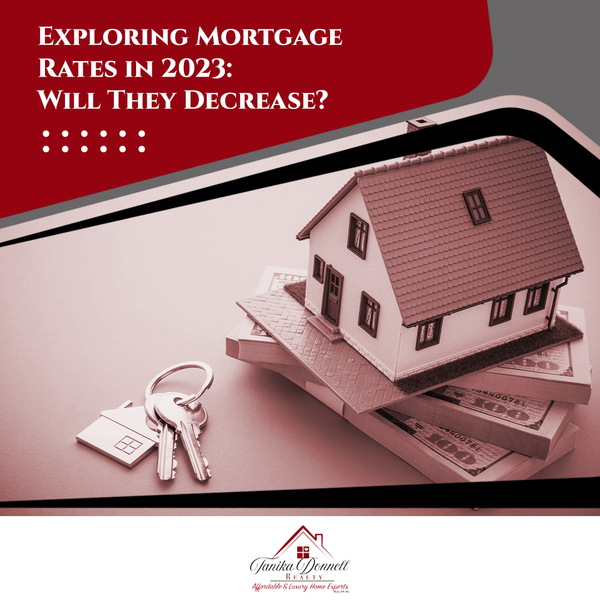
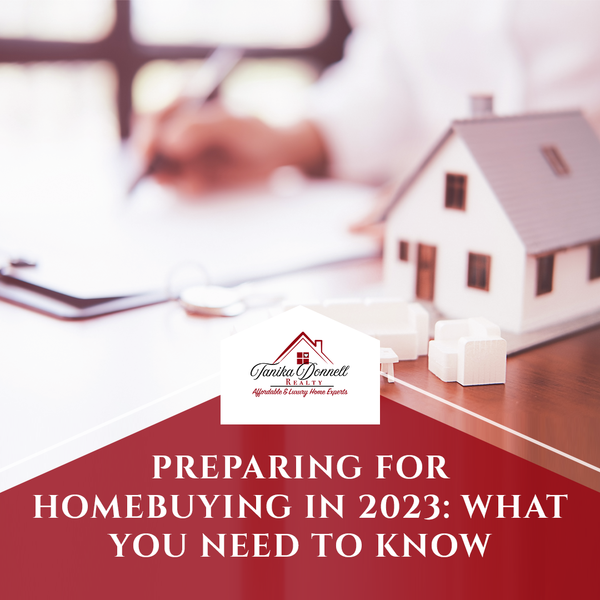
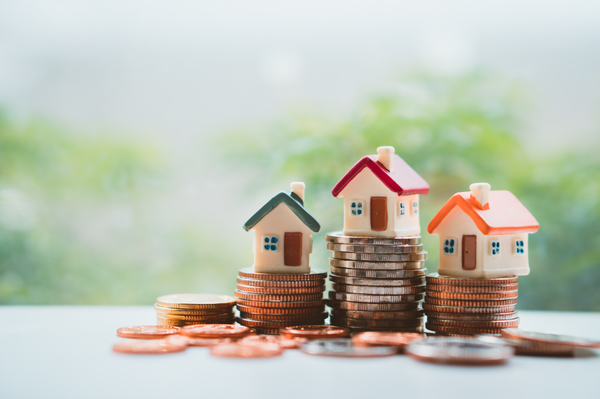

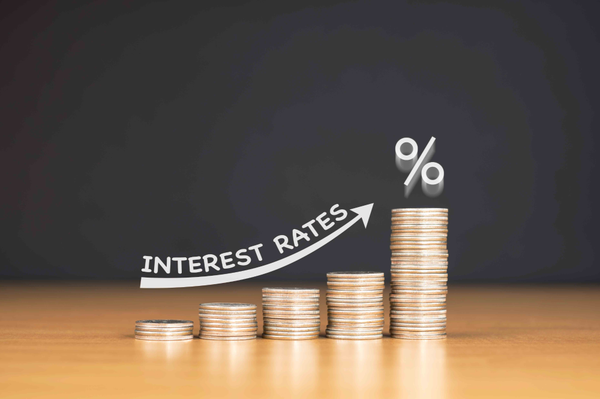

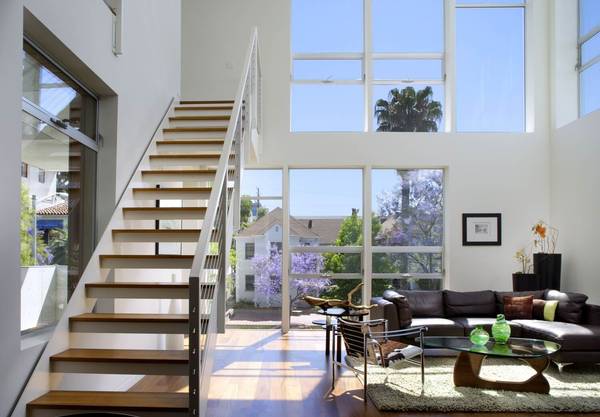

GET MORE INFORMATION

